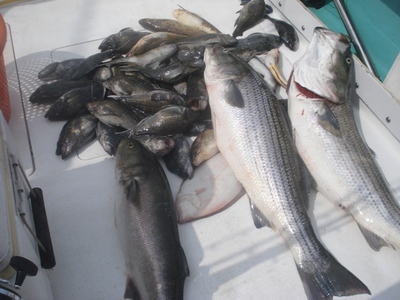

Also, most companies gave themselves a grade of “unsatisfactory” in these areas. According to the study, about 60 percent of waste management and recycling professionals gave themselves a failing grade for the application of new technologies. The waste management and recycling industry is not very enthusiastic about its progress in adapting to new technologies. More than half of respondents have more than 50 vehicles for waste collection. The respondents included a significant number of organizations with more than 250 employees. We also wanted to understand the biggest challenges they face in the digital transformation of their operational processes, and whether there were any significant differences in digital maturity within the target group.

The benchmark also emphasizes which technologies add value and where the industry can find areas for improvement.įor the Digital Transformation Barometer 2018, AMCS studied which priorities are on the agendas of management in municipalities and private sector waste collectors in Europe and the US. It investigates how organizations in the waste industry use technology to improve the performance of their operations and how they adapt to changes.
JERRY POSTERINO FISH MONGER SOFTWARE
This transition is the first step for us on a more comprehensive journey to eliminate single-use, petroleum-based plastic in our supply chain, and we look forward to reporting on our progress.”ĪMCS, the Limerick, Ireland-headquartered integrated software and vehicle technology provider for the waste, recycling and resource industries, completed its Digital Transformation Barometer 2018, which serves as a benchmark for the waste and recycling industry. We're committed to exploring additional options to further reduce the use of disposable items. "But it's a good start toward changing expectations. "In the short term, eliminating plastic straws and spoons is not going to save the world," Evans says. "Over the past year, we have begun an intensive effort to find a biodegradable and compostable coating that meets our product quality requirements," she says. Evans says Ben & Jerry's is looking at options. But because they are coated with polyethylene to create a moisture barrier, they are difficult to recycle. and Europe) have been made with Forest Stewardship Council (FSC) Certified paperboard since 2009. Pints and "tubs" (as Ben & Jerry's containers are known in the U.K. The company says it has a history of striving for more sustainable packaging solutions. By the end of 2020-Ben & Jerry's will find an alternative to clear plastic cups, plastic-lined cups and plastic lids.Paper straws will be available by request only.

By April 9, 2019-Scoop Shops will complete the transition to wooden spoons.Many Scoop Shops had already transitioned to plastic alternatives by this time. August 2018-Scoop Shops made plastic straws available by request only.We urge other businesses to follow Ben & Jerry's example and kick the plastics habit."īen & Jerry's says it has already embarked on its plan to get out of single-use plastic in its Scoop Shops: That's why Ben & Jerry's plan to move away from single-use plastics is exactly the kind of leadership we need. "Across the globe, discarded plastics are choking our environment and threatening wildlife. "Single-use plastics are a pollution threat unlike anything we've seen before," says Paul Burns, the executive director of the Vermont Public Interest Research Group. "We, and the rest of the world, need to get out of single-use plastic." "We're not going to recycle our way out of this problem," Evans says. were placed end to end, they'd stretch from Burlington, Vermont, to Jacksonville, Florida, the press release says. If all the plastic spoons used by Ben & Jerry's in the U.S. She noted that Ben & Jerry's Scoop Shops currently hand out 2.5 million plastic straws and 30 million plastic spoons a year. Jenna Evans, Ben & Jerry's global sustainability manager, is leading the transition. The company also announced a plan to address plastic cups and lids used to serve ice cream by the end of 2020. As a first step, the company says in a press release that it will no longer offer plastic straws and spoons in any of its more than 600 Scoop Shops worldwide in early 2019. Ben & Jerry's, South Burlington, Vermont, has become the latest company to announce its move away from single-use plastic.


 0 kommentar(er)
0 kommentar(er)
